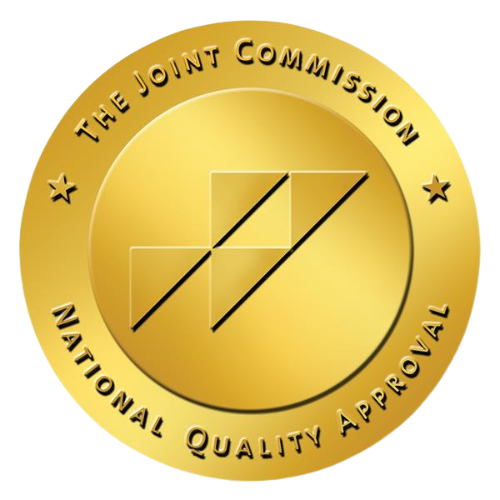The healthcare traveler lifestyle has many perks, but dealing with easy taxes is not one of them.
Navigating travel nurse taxes is primarily challenging because travel nurse tax amounts can differ depending on what state or states you worked in that year. We’ve provided a few tips on handling the tax season for travelers looking for help choosing a tax home, what expenses are and aren’t taxed, and where to keep track of everything.
Healthcare Traveler income breakdown
The main difference between travelers and permanent staff is that they receive an hourly base pay that is taxed along with add-ons that are not. These compensations will be detailed in a pay package. But wait, it gets more granular. These packages will vary further depending on the agency and the individual. For example, one travel nurse may take a housing stipend while another might take agency-provided housing. Slight differences like this are essential to remember when deciding on contracts. Furthermore, some healthcare staffing companies can have exclusive agreements with healthcare institutions, and packages would look different based on the exclusivity.
There are three major components to all pay packages:
- Taxable hourly pay
- Housing Stipend
- Meal and Incidentals Stipend
How to qualify for non-taxable income
To qualify for non-taxable wages, healthcare travelers must have proof of a tax home. To ensure eligibility for a tax home in the eyes of the IRS, travelers can:
- Keep proof of any payments made to show that someone else maintains the home (I.e., receipts for a house sitter, mortgage, rent, utilities, or home maintenance expenses) or return to the home once every 13 weeks.
- Consider working a per-diem assignment in the area of the home.
- Maintain a driver’s license and voter registration in the home state.
- Keep a car registered in the home state, if applicable.
- File a Residence Tax Return within the home state.
If a traveler can’t prove that they have a tax home or don’t meet the qualifications, they will be taxed on the stipend payments received as part of the pay package.
International “taxation master” and founder of Travel Tax, Joseph Smith, states that most travel nurses can reasonably expect to see $20,000-$30,000 of non-tax reimbursement payments in a typical year working as a travel nurse in addition to their base pay.
What is considered non-taxable?
It’s advised to keep both digital and paper copies of the following:
- Housing and lodging expenses while traveling
- Mileage travel
- Uniform and scrub expenses
- Utilities
- Work-related expenses, such as continuing education courses or certifications you must maintain to keep your position
- Meals
- Costs for Internet and phone providers
However, recent tax reform laws shifted how travel nurses file a return. Simply put — deductions are no longer an option. This means you cannot deduct business expenses such as food, mileage, or gas on your yearly tax return. That said, a handful of states still allow job expense deductions on a state tax return: New York, California, Alabama, Hawaii, and Arkansas. This may be something to consider when looking for assignments throughout the year. We know this doesn’t sound ideal, but hopefully, the stipends given soften some of that blow.
So, how can a traveler navigate this tax nonsense?
1. Keep all contracts
A lot of answers can be found in contracts. For tax purposes, you should make sure that the contract clearly states the following:
- Start Date
- End Date
- Name of Facility
- Complete Address of Facility
- Taxable Hourly Rate
- Amounts of ALL tax-free stipends to be paid: This is important because this information will not appear on a W2. Having a contract allows travelers to easily quantify and prove the totals of the tax-free money received.
As Smith says, “If it’s not being done as written, then you want to say something because it has tax implications and affects your paycheck.”
2. Be careful when using tax software
Although intended to simplify the process, even the most confident filers can get tripped up using a tax site. For travelers filing taxes in two or more states, things can get tricky quickly. Smith warns, “Even with professional-level software, for multi-state taxes, there are overrides that have to be done, and you have to know where those overrides are. Tax software is only as good as the person inputting the numbers.”
3. Consider a tax advisor
If possible, it’s always beneficial to work with a tax professional. Allowing a CPA to file for you can save more money in the long run and lessen the chances for mistakes or surprise charges that may occur on sites like TurboTax. Peace of mind is priceless.
4. Trust your Blu Med recruiter
Good news: you’re a traveler, which means you’re detail-oriented, ambitious, and resilient. Keeping track of so many things is daunting, but you are capable of handling more demanding things.
And— you work with Blu Med, a healthcare staffing agency that cares more about its travelers than their placements. We succeed when you succeed— from start to finish on every assignment and the bits in between.
Find out how Blu Med can help you excel in your next assignment today.










